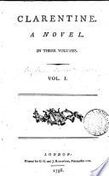
Waldron says Clarentine is a girl who, “despite temptations, never deviates, even in thought, from the accepted path of right conduct.”
While “pictures of perfection” heroines in Georgian literature were a thing, I don’t agree that Clarentine is one of them. It’s not just that, by modern standards, she is ridiculous. It is that there are a sensible people within the novel who can see she is being ridiculous.
Clarentine, like Fanny Price, manages to make timidity look like hauteur. When Clarentine goes to live with her guardian’s old tutor, she trembles as she descends from the carriage:
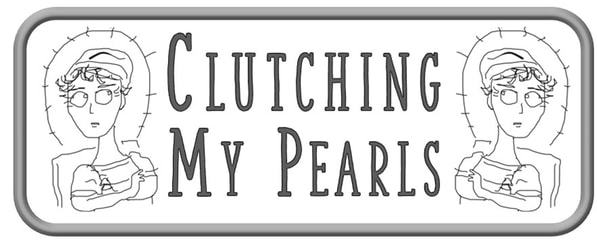
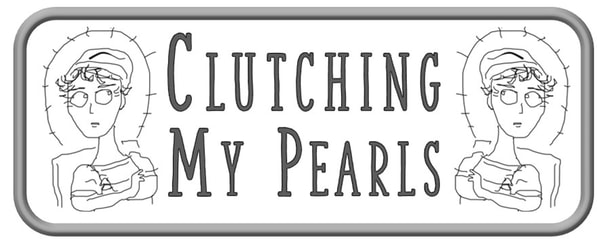
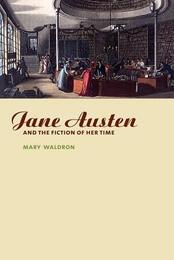
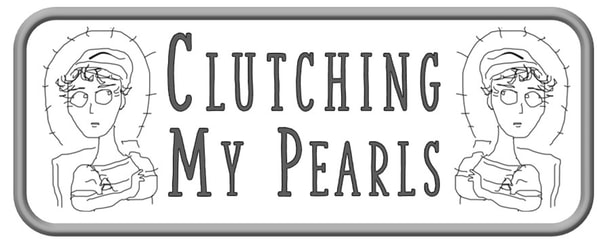
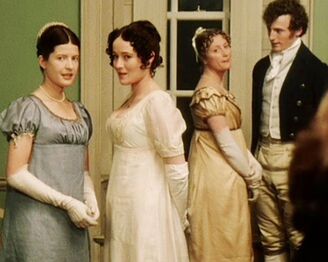
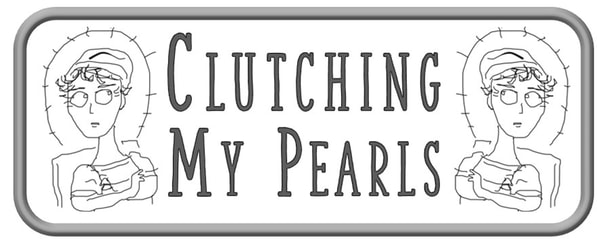
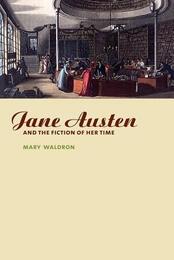
 RSS Feed
RSS Feed